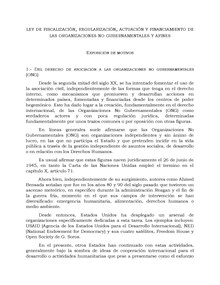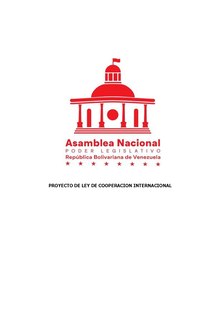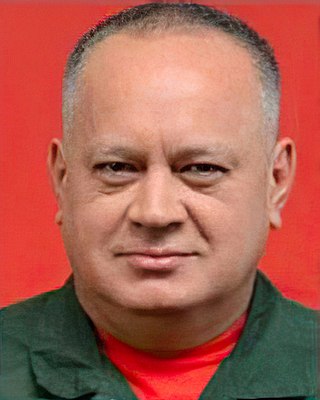
Diosdado Cabello Rondón is a Venezuelan politician and current member of the National Assembly of Venezuela, where he previously served as Speaker. He is also an active member of the Venezuelan armed forces, with the rank of captain.

The Supreme Justice Tribunal is the highest court of law in the Bolivarian Republic of Venezuela and is the head of the judicial branch. As the independence of the Venezuelan judiciary under the regime of Nicolás Maduro is questioned, there have recently been many disputes as to whether this court is legitimate.

Colectivos are far-left Venezuelan armed paramilitary groups that support the Bolivarian government, the Great Patriotic Pole (GPP) political alliance and Venezuela's ruling party, and the United Socialist Party of Venezuela (PSUV). Colectivo has become an umbrella term for irregular armed groups that operate in poverty-stricken areas.

Aporrea is a Venezuelan website that publishes news and opinions from the point of view of supporters of former President Hugo Chávez and the Bolivarian Revolution. It ranks as the fourth most visited local political site in the country, according to site metrics Alexa.com, and it claims to be the first among local independent left-leaning outlets. Most of the site'a content was supportive of the political changes promoted by late president Hugo Chávez, but in recent years, it has content critical of the current government led by Chavez's protégé Nicolás Maduro, turning it into a "gathering place for dissidence within chavismo".

Presidential elections were held in Venezuela on 20 May 2018, with incumbent Nicolás Maduro being declared re-elected for a second six-year term. The original electoral date was scheduled for December 2018 but was subsequently pulled ahead to 22 April before being pushed back to 20 May. Some analysts described the poll as a sham election, as many prominent opposition parties had been barred from participating in it. The elections had the lowest voter turnout in Venezuela's democratic era.

Miguel Alejandro Pizarro Rodríguez is a Venezuelan politician in the National Assembly who represents Petare in Caracas.
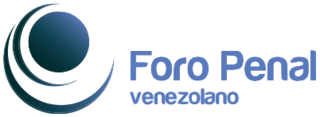
Foro Penal is a Venezuelan human rights organization that provides legal assistance pro bono to people subject of arbitrary detentions and their relatives. The organization is composed of regional coordinators for each state in Venezuela, pro bono lawyers on a national level and a network of over five thousand volunteers, non-lawyer activists, known as "active defensors".

Óscar Alberto Pérez was a Venezuelan rebel leader and an investigator for the CICPC, Venezuela's investigative agency. He was also an actor in a film to promote the role of detectives in the CICPC. He is better known for being responsible for the Caracas helicopter incident during the 2017 Venezuelan protests and the 2017 Venezuelan constitutional crisis. His killing in the El Junquito raid received worldwide attention by the media and the political establishment, and was met with accusations of extrajudicial killing.
Parliamentary elections were held in Venezuela on 6 December 2020. Aside from the 167 deputies of the National Assembly who are eligible to be re-elected, the new National Electoral Council president announced that the assembly would increase by 110 seats, for a total of 277 deputies to be elected.

On 4 August 2018, two drones detonated explosives near Avenida Bolívar, Caracas, where Nicolás Maduro, the President of Venezuela, was addressing the Bolivarian National Guard in front of the Centro Simón Bolívar Towers and Palacio de Justicia de Caracas. The Venezuelan government claims the event was a targeted attempt to assassinate Maduro, though the cause and intention of the explosions is debated. Others have suggested the incident was a false flag operation designed by the government to justify repression of opposition in Venezuela.

Juan Requesens, a deputy of the Venezuelan National Assembly, was arrested as a suspect in the Caracas drone attack, an alleged assassination plot on the Venezuelan President Nicolás Maduro. The circumstances of his arrest and detention are controversial, and irregularities surround the legal proceedings. Requesens was imprisoned in El Helicoide from his arrest on 7 August 2018, with allegations of torture to coerce a confession, and delays impeding the legal process and hearings until his release on 28 August 2020.
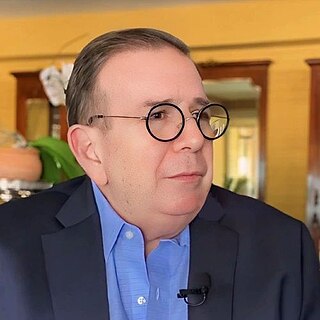
Presidential elections are scheduled to be held in Venezuela in 28 July 2024 to choose a president for a six-year term beginning on 10 January 2025. Leading candidates of the Venezuelan opposition have been disqualified from participating in the election during its campaign or in previous elections. In June 2023, the leading candidate María Corina Machado was barred from participating by the Venezuelan government for alleged political crimes. This move has been regarded by the opposition as violation of political human rights and has been condemned by international bodies like the Organization of American States, the European Union, and Human Rights Watch, as well as countries such as Canada, Chile, Colombia, Ecuador, France, Germany, Mexico, Paraguay, the United Kingdom, the United States and Uruguay.
Rafael Ramón Acosta Arévalo was a Venezuelan military officer with the rank of corvette captain of the Venezuela Navy. Acosta Arévalo was victim of forced disappearance and tortured by agents of the General Directorate of Military Counterintelligence (DGCIM) during his detention after being accused by the government of Nicolás Maduro of "conspiring to carry out an attempted coup d'état". Acosta Arévalo died as a result of injuries suffered after being tortured while in detention in the Military Hospital of the Army Dr. Vicente Salias Sanoja. The news of his death caused great impact in the media and the condemnation of both national and international authorities.
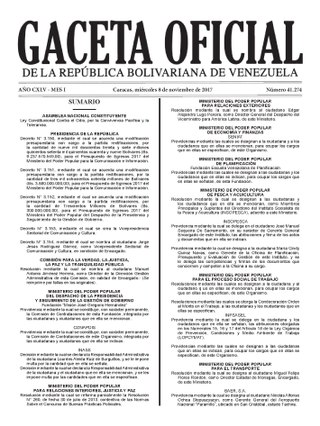
The Constitutional Law Against Hatred, for Peaceful Coexistence and Tolerance, also known simply as the Law Against Hatred, is a law passed unanimously by the Venezuelan Constituent National Assembly and published in Gaceta Oficial 41,274 on 8 November 2017.
Con El Mazo Dando is a Venezuelan television programme. It is transmitted every Wednesdays at 7pm on Venezolana de Televisión and TVes. It is hosted by Diosdado Cabello. Its sister broadcast Nos Vemos en la Radio is also broadcast on Radio Nacional de Venezuela.

The COVID-19 pandemic in Venezuela was a part of the worldwide pandemic of coronavirus disease 2019 caused by severe acute respiratory syndrome coronavirus 2. The first two cases in Venezuela were confirmed on 13 March 2020; the first death was reported on 26 March. However, the first record of a patient claiming to have symptoms of coronavirus disease dates back to 29 February 2020, with government officials suspecting that the first person carrying the virus could have entered the country as early as 25 February.

The La Vega raid was a police raid that occurred on 8 January 2021 in La Vega Parish, Caracas, Venezuela. The objective of the raid was to take control of La Vega Parish, which was controlled by a criminal organization, led by Leonardo José Polanco Angulo; he was a drug lord, known as "El Loco Leo". Members of the Venezuelan National Police (PNB), the Special Action Forces (FAES) and the Venezuelan National Guard seized control of the parish, killing a number of people in the neighborhood. According to investigative journalists and human rights organizations, the death toll was 23 people. By 11 January, no member of the Nicolás Maduro administration had made a statement about the events or announced a death toll.

Regional and municipal elections were held in Venezuela on 21 November 2021. In the elections, all executive and legislative positions of the 23 federal entities, as well as that of the 335 municipalities of the country, were renewed.
The following lists events of the year 2023 in Venezuela.
Operation Tun Tun is the name coined by pro-government deputy Diosdado Cabello during the 2017 Venezuelan protests and repeated by pro-government media to describe the police raids of residences of Venezuelan opponents by security forces.
